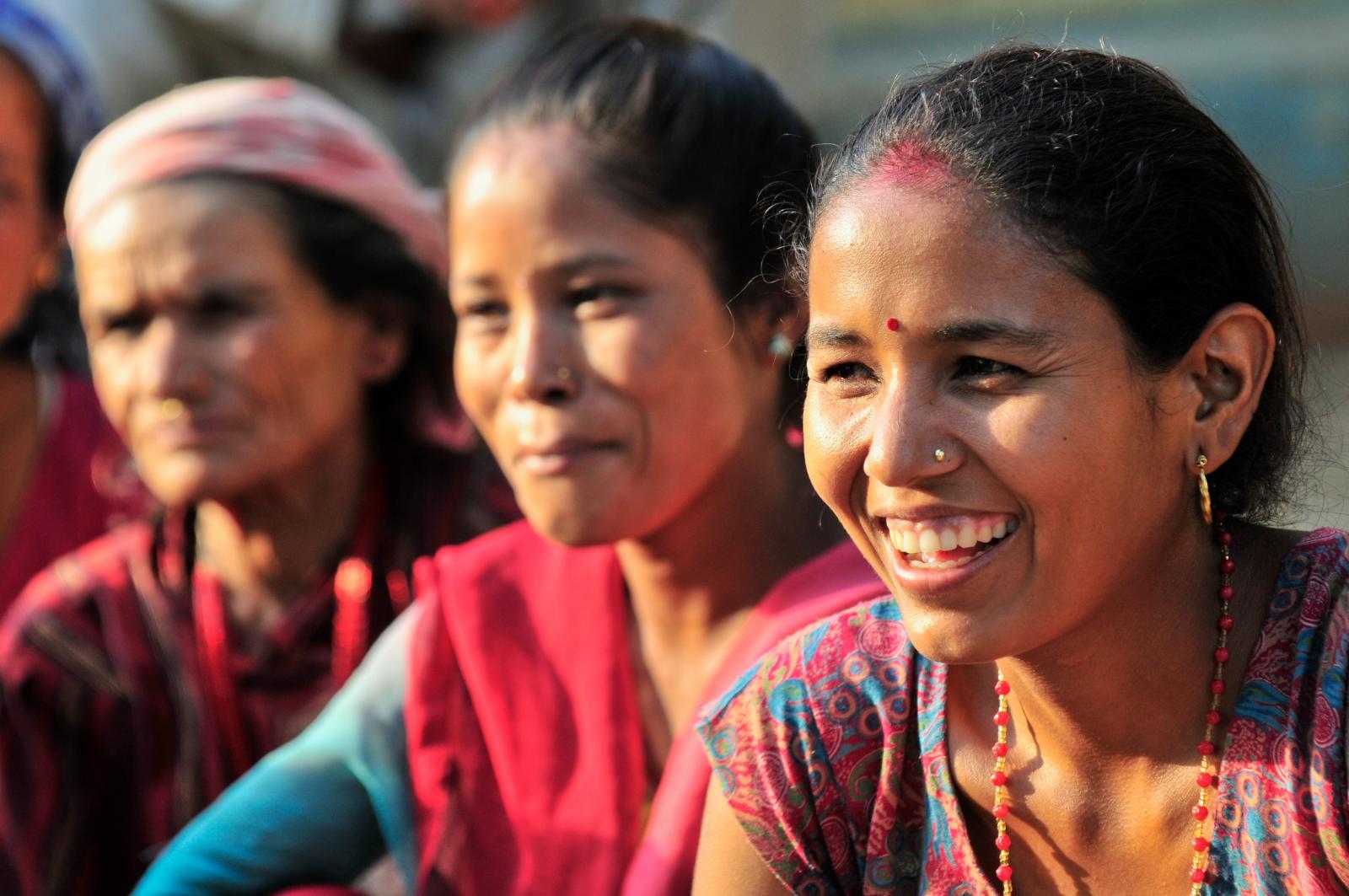Reducing Gender Inequalities and Advancing Social Inclusion

Amongst today’s greatest challenges is that of persistent gender inequalities.
We are committed to tackling this cross-cutting issue with our work, driving impact and accelerating progress globally through integrated, gender-responsive solutions.
Our bold vision is to foster gender-equitable, socially inclusive food systems and landscapes that sustain the planet, drive prosperity, and nourish people. Through evidence and actions, we are contributing to innovations that enhance equity and inclusion.
Removing gender inequalities in agriculture
Evidence shows strong links between gender equality and other development goals, including all of the Sustainable Development Goals.
Rural women play a critical role in growing crops and raising livestock, as well as processing, selling, and preparing food. However, women and girls are about 10% more likely to suffer from food insecurity than men and boys.
Discriminatory gender norms and institutions burden women with heavy labor demands and limit their rights to land and other resources. Their voice and influence within households and communities are also impacted negatively.
Advancing gender equality is crucial to support women’s empowerment and improve agriculture.
Source:
UN Women and UN DESA. 2019. Progress on the sustainable development goals: The gender snapshot 2019.
Promoting intersectional approaches in food systems
We believe gender relations need to be tackled from an intersectional perspective: examining how gender interacts with other critical factors of social differentiation and inequality is crucial to ensure our research is truly inclusive.
By embracing gender equality as both a human right and a critical pathway for achieving sustainable food systems, we are reducing gender inequalities and enhancing the recognition of vulnerable women and men, youth, and marginalized groups as legitimate actors in food systems.
Delivering better beans for Africa, through PABRA
In Africa, the Alliance mainstreams gender in bean value chains with National Agricultural Research Systems (NARS) in 32 African countries through the Pan-Africa Bean Research Alliance (PABRA).
Our gender strategy focuses on strengthening capacities on gender equality and integration in the thematic areas of nutrition and mechanization. Our strategic and transformative gender research empowers women and fosters youth employment as well as financial inclusion.
With PABRA, we are reducing gender inequalities by conceptualizing future farmers towards generating livelihood opportunities for young women and men in bean value chains.
Find out more about PABRA’s gender work
See our Gender Work in action
MAKING GENDER IN RESEARCH A PRIORITY
The Alliance creates strategic learning opportunities to strengthen the gender research capacities of CGIAR scientists and partners by delivering resource materials and training to support the generation of more inclusive, gender-relevant research and findings. We collaborate with the UN Rome-based agencies (FAO, IFAD, and WFP), UN-Women, national partners, and other influential actors to foster gender equality in global policy processes and development initiatives.
BOOSTING GENDER IN CONSERVATION & LEADERSHIP
From Latin America to South Asia and East Africa, we support the creation of community seed banks to conserve local biodiversity. By enabling opportunities and capacities for local women in leadership roles, we help increase gender equality and recognition in their communities.
FINDING SOLUTIONS TO INCLUDE THE MOST VULNERABLE
We develop value chains for indigenous fruit products, prioritizing the livelihood opportunities of vulnerable groups. In India, we worked with women and lower caste-led farmer producer organizations to reduce gender inequalities, improve incomes, and support more harmonious caste and gender relations as well as more sustainable management of valuable trees.
